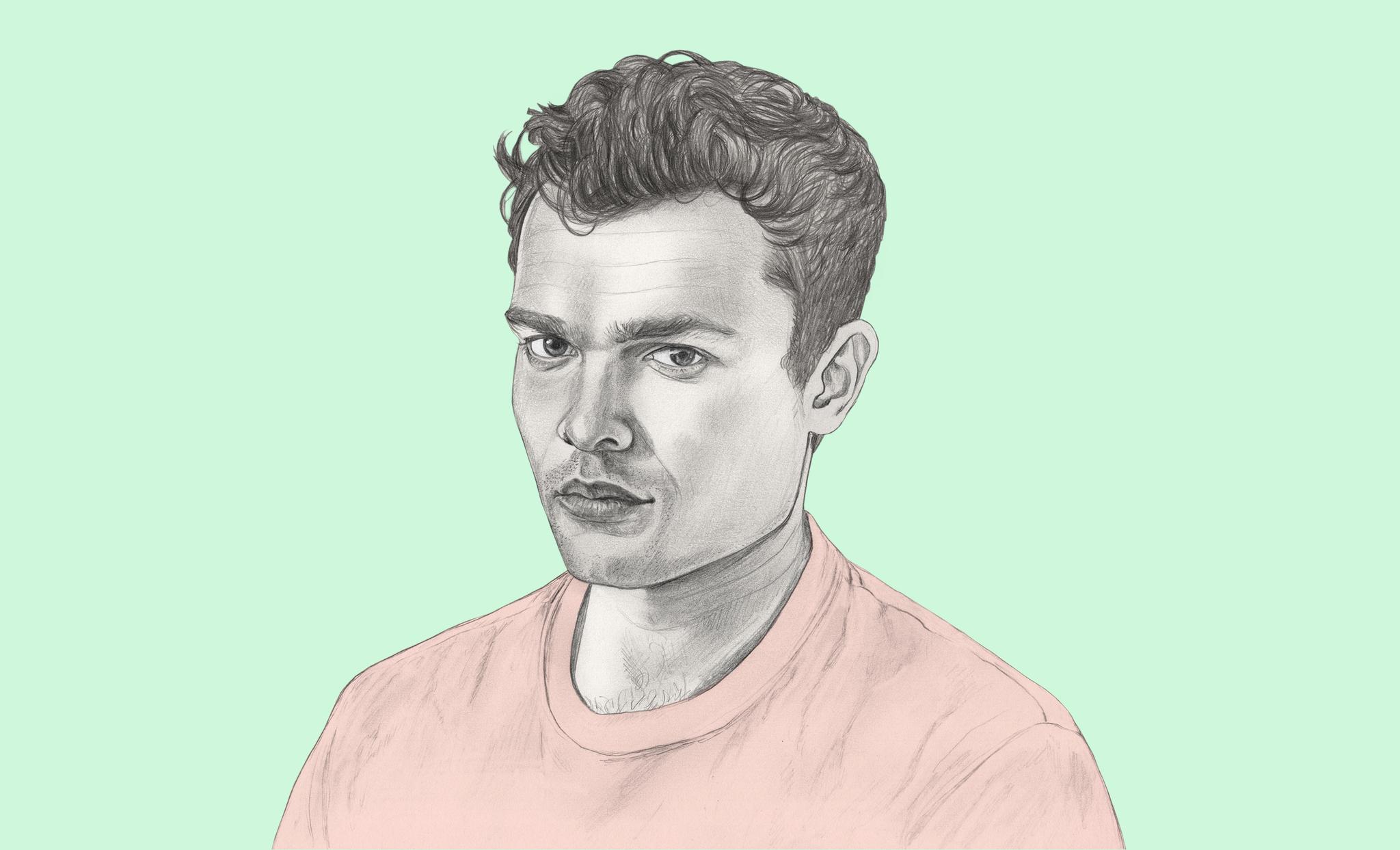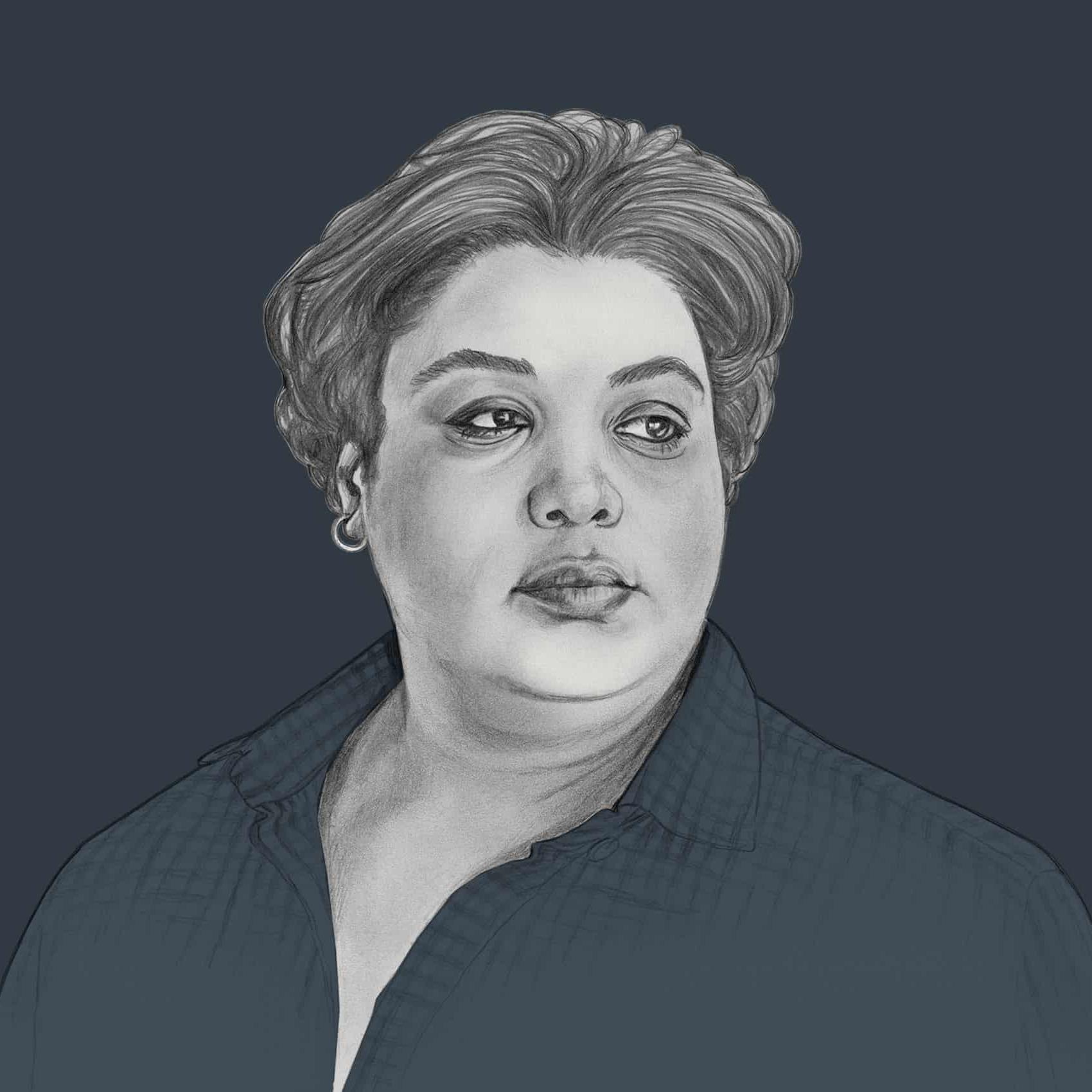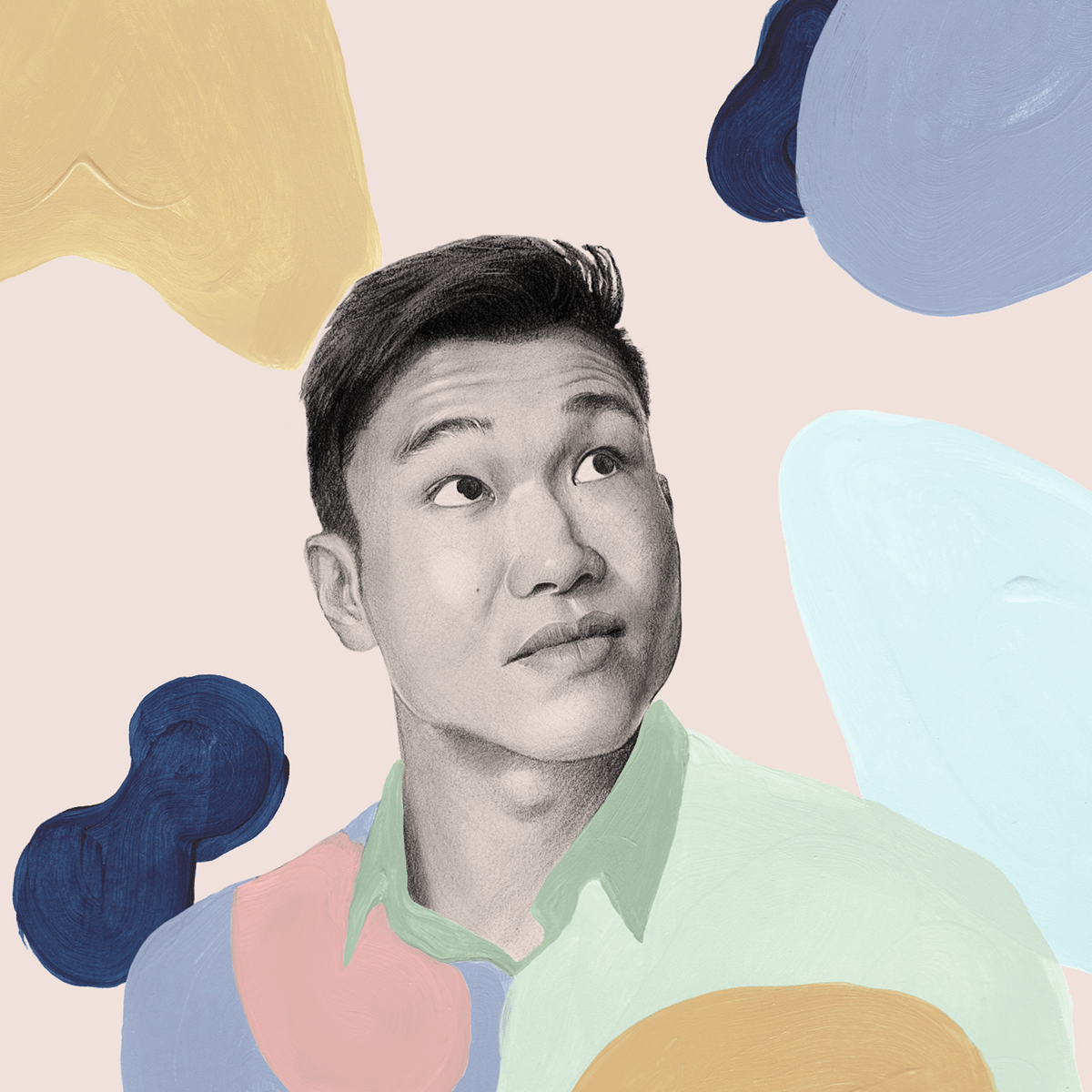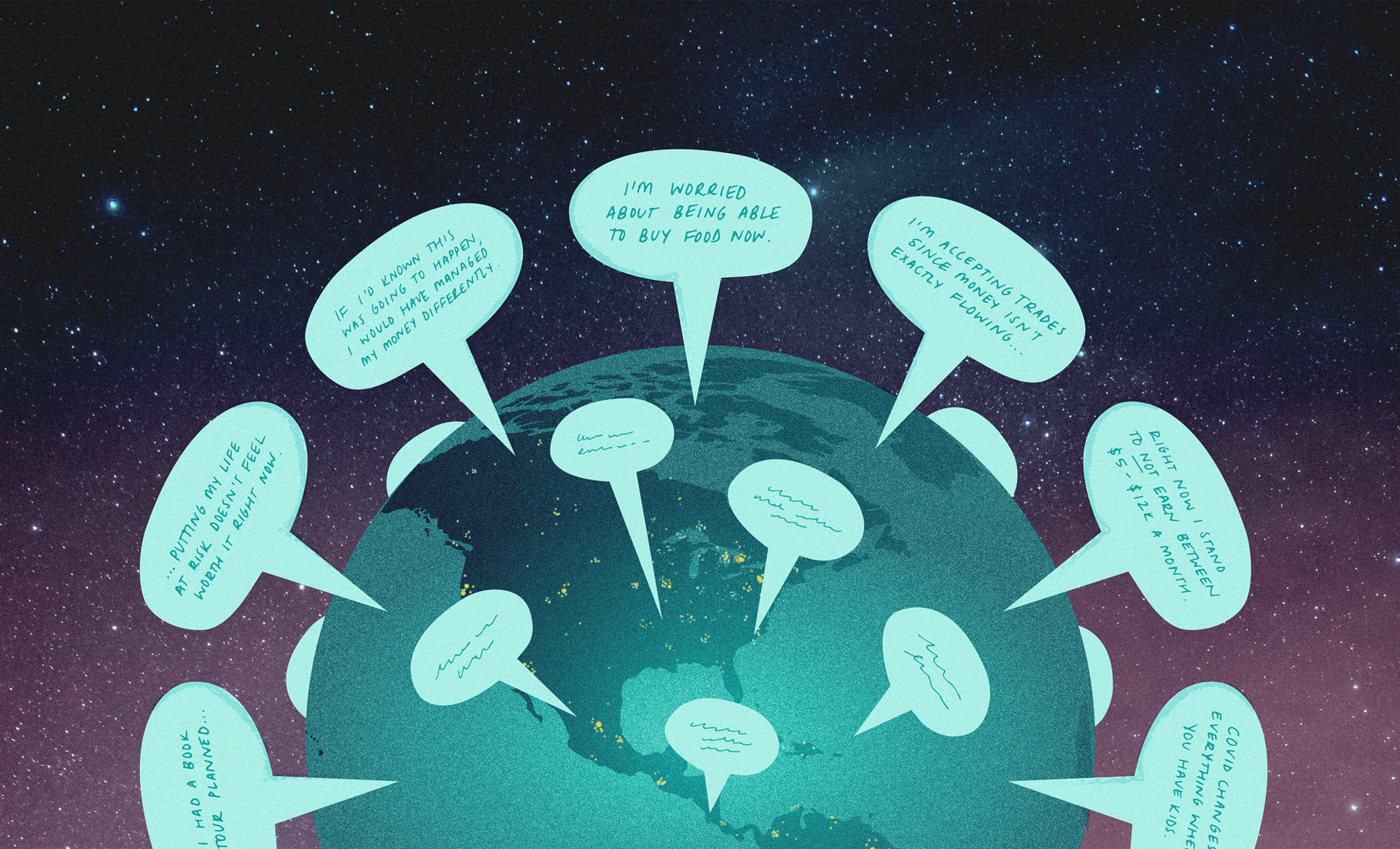
Money Diaries
Han Solo Wants to be Paid in Books
Alden Ehrenreich has had a ridiculously charmed, young acting life. And, thank God, he realizes it. He talks passion fruit-picking and how books are, penny for penny, the best investment.
Wealthsimple makes powerful financial tools to help you grow and manage your money. Learn more
Wealthsimple is a whole new kind of investing service. This is the latest installment of our recurring series “Money Diaries” where we ask interesting people to open up about the role money has played in their lives.
Over the past few years, I’ve worked with some incredible, legendary directors — Francis Ford Coppola, Woody Allen, Chan-wook Park, Warren Beatty, Ron Howard, and the Coen Brothers — and I’ve discovered something fascinating: The better the director you’re working with, the less you get paid. When a masterful filmmaker is casting a movie, everyone wants to work with them, even if it means a pay cut. And for me, the experience has always been worth it.
The better the director you’re working with, the less you get paid.

Sign up for our weekly non-boring newsletter about money, markets, and more.
By providing your email, you are consenting to receive communications from Wealthsimple Media Inc. Visit our Privacy Policy for more info, or contact us at privacy@wealthsimple.com or 80 Spadina Ave., Toronto, ON.
When I was 13, I got my first job — working on my uncle’s passion fruit farm in Santa Barbara. My duties were to pick and sort passion fruit, install fence posts and irrigation systems, and drive a large tractor. It was real-deal physical work, and every day was completely exhausting. By the end of the first week, I’d made about $100.
I grew up in Los Angeles, where my mom was an interior designer, my dad was an accountant, and my step-dad was an orthodontist. We weren’t hurting for money. But the money I earned picking passion fruit had special value to me, since I’d earned it on my own.
As I moved from my teenage years into my 20s and launched an acting career, I always felt super fortunate not to worry too much about money. Not that there haven’t been lean times, but on the whole, I’ve always had steady work and haven’t dealt with the financial struggles that so many actors — and young people in general — often deal with when they’re starting out. But I’m lucky that money concerns haven’t had a huge influence on shaping my life or guiding my decisions — for example, on what roles to take.
Recommended for you

Roxane Gay on Financial Independence: 'The Most Important Thing a Woman Can Do for Herself'
Money Diaries

Stories From Our New Economy: Bullish on Bidets Edition
Money Diaries

She’s a Toronto Legend, Model, and Style Icon. And She Was Nearly Homeless
Money Diaries

Joel Kim Booster Was in Massive Student Debt Until Two Years Ago
Money Diaries
That said, I’m careful to keep my overhead pretty low. Like most people, I have a certain queasiness about buying anything that’s really expensive.
I sometimes wish that lavish spending could bring me happiness, but I’ve found that the one thing that brings me the most joy is something that costs me the least amount of money — reading books. My favorites? Steppenwolf by Herman Hesse. John Steinbeck’s East of Eden. Anything by Alan Watts. I just read Marilynne Robinson’s Gilead, which was phenomenal.
When I acted in The Yellow Birds, I read the novel of the same name that inspired it, by Kevin Powers. He’s an Iraq War veteran. Now, no actor in a war film would claim the experience was like actually going to war. But in the process of making the film, I did gain certain insights. The main thing was understanding just how thick the line is that divides people who live a life where they’re in mortal danger — soldiers, for example — and those who do not.
To anyone who has never been to war, me included, the feeling of your life being constantly threatened and targeted is incomprehensible. As part of the process, we went through this incredible “boot camp” with a military veteran named Captain Dale Dye. We trained in an abandoned building in the desert, learning how to use our weapons, running drills, sleeping in tents. It was a profound experience to sit across from somebody who’s been to war and is encouraging you to ask them anything you want. We talked about what it was like to kill a person. We talked about what goes through your head when you see other people get killed. His openness was unbelievable. But as meaningful as it was, perhaps my greatest takeaway was that the “soldier experience” varies extremely widely — everyone enters the experience from a unique place and emerges uniquely changed.
Francis Ford Coppola said something to me when I did my first movie with him, Tetro, about ten years ago, and it has always stuck with me. He told me that, as he’s gotten older, he’s realized that the greatest joy in life is learning. I think increasingly I’ve come to understand what that means. Learning is a big part of the joy I find in the work I do for a living — learning about other people’s lives, other worlds. And books, I’ve always felt, are the greatest and simplest vehicle for learning. They contain so much wisdom. It thrills me that someone who is much smarter than me has taken the time to reflect on some of the same things I wonder about myself and written their thoughts down so extensively and eloquently. And the best part of all? They only cost a few bucks each. You can’t make a better investment than that.
As told to Davy Rothbart exclusively for Wealthsimple; transcript edited and condensed for clarity. Illustration by Jenny Mörtsell.
Wealthsimple's education team is made up of writers and financial experts dedicated to making the world of finance easy to understand and not-at-all boring to read.





